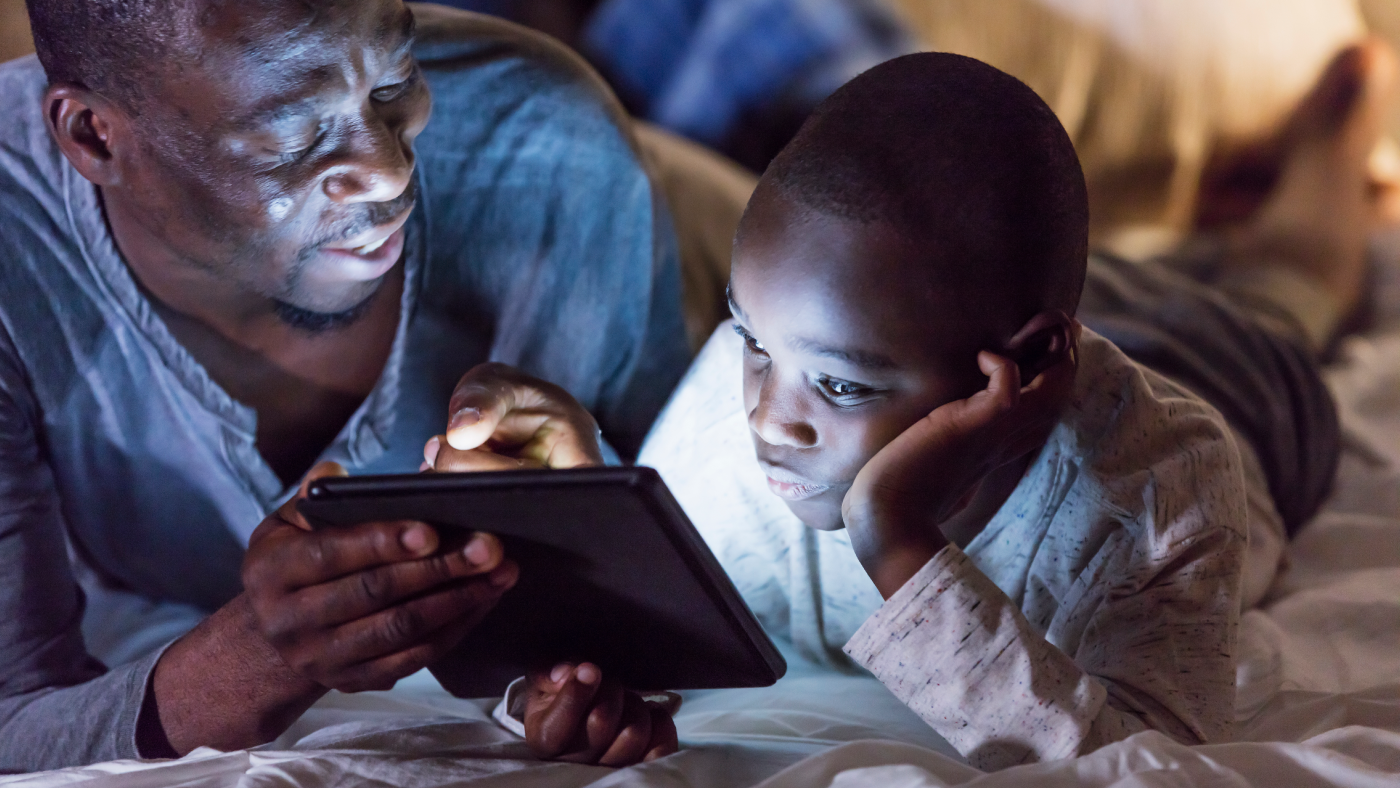report | Apr 12, 2005
Maybe it was the news of the royal wedding last weekend, or maybe it’s my own personal experience with wedding planning, but I’ve been thinking a lot lately about the role the internet plays in planning, promoting and archiving a major life event ...
report | Apr 10, 2005
More than a year after the CAN-SPAM Act became law, email users say they are receiving slightly more spam in their inboxes than before, but they are minding it less.
report | Apr 7, 2005
Are we entering an era of "user-generated" online content? We may not quite be there. But if you look at how young people with high-speed connections interface with the news, the phrase "news consumers" doesn't capture what these people do when th...
report | Apr 6, 2005
Introduction Although former Vermont governor Howard Dean failed to win the Democratic presidential nomination, his campaign left a strong imprint on the political world. It assembled a network of over a half-million active supporters and contributors, raised over $20 million in mostly small donations online, and demonstrated the power of the internet as a networking […]
report | Apr 6, 2005
We are seeking a correction to two stories which appeared regarding our recent podcasting data memo.
report | Apr 5, 2005
As our research on internet activities evolves, the list of online pastimes that we study continues to grow.
report | Apr 3, 2005
More than 6 million American adults have listened to podcasts.
presentation | Apr 1, 2005
This presentation shows pattern of online news consumption, with particular emphasis on how high-speed internet connections help shift the center of news consumption closer to the online world, especially for young internet users.
presentation | Mar 30, 2005
This speech describes the mass adoption of the internet in the U.S. and its resultant impact on economic, social and civic spheres.
report | Mar 30, 2005
Why has online banking surged and financial information searches have remained steady at 44%? An off-the-cuff theory.










